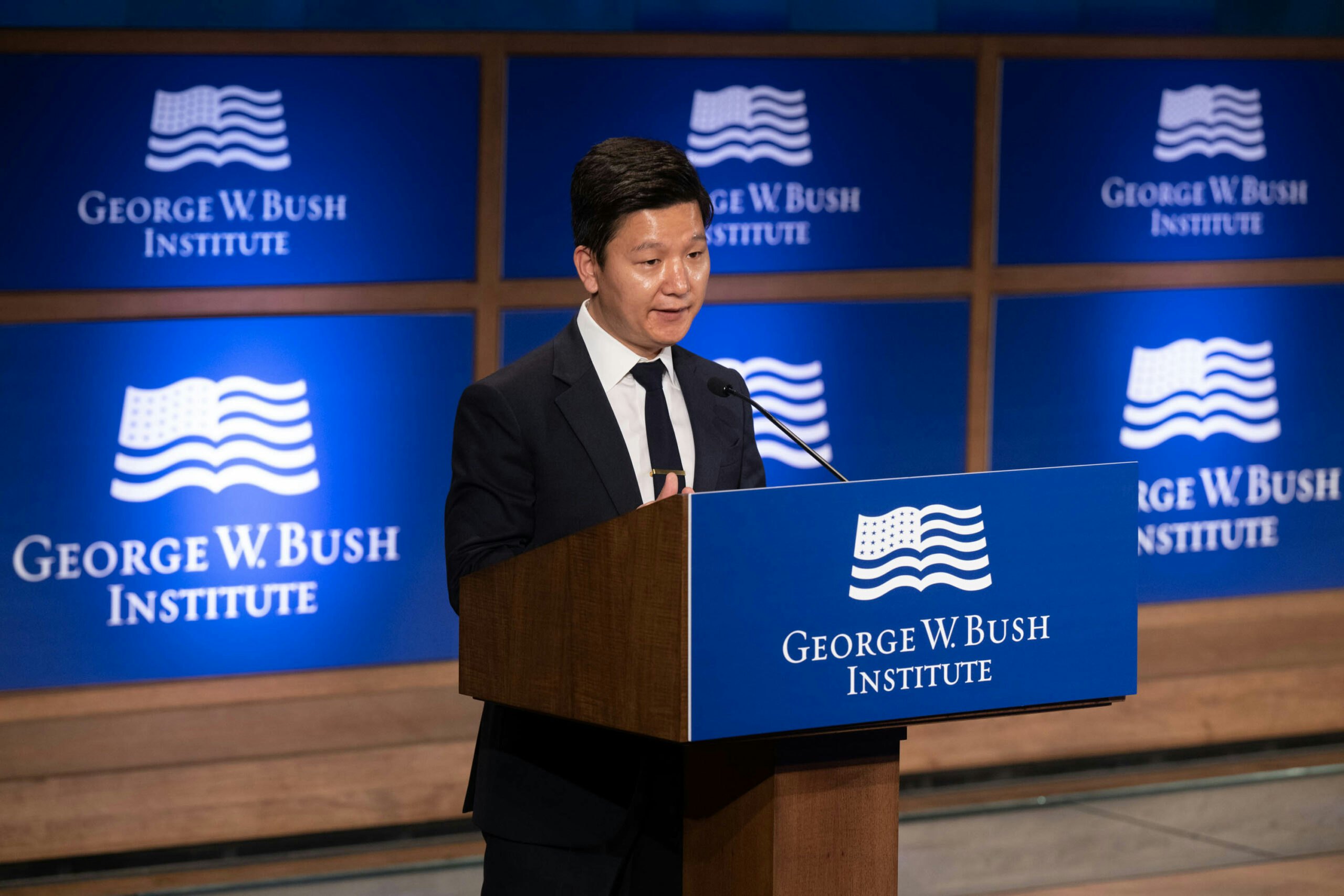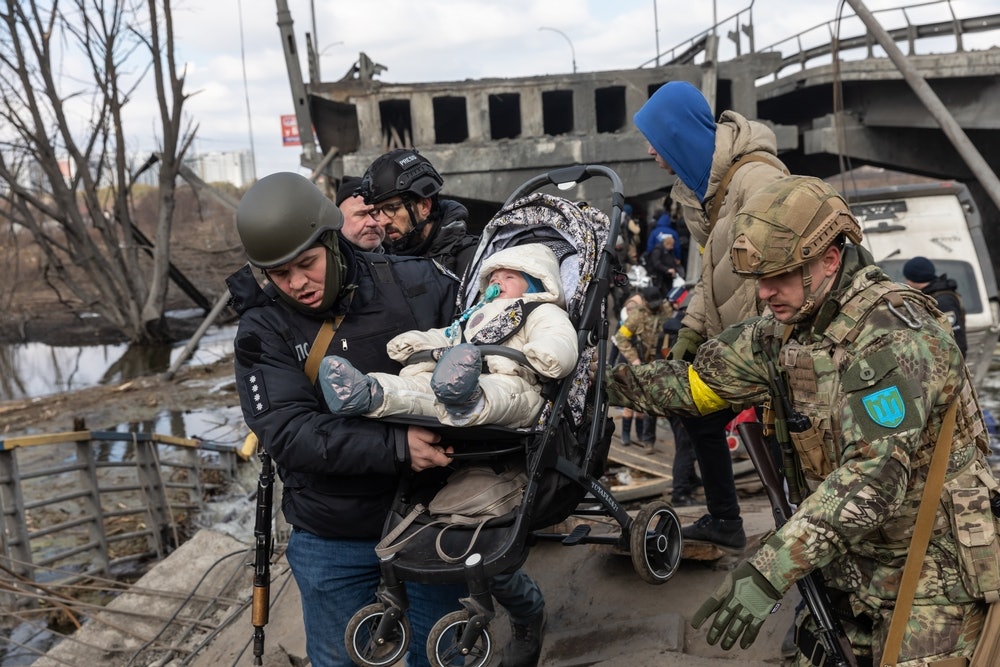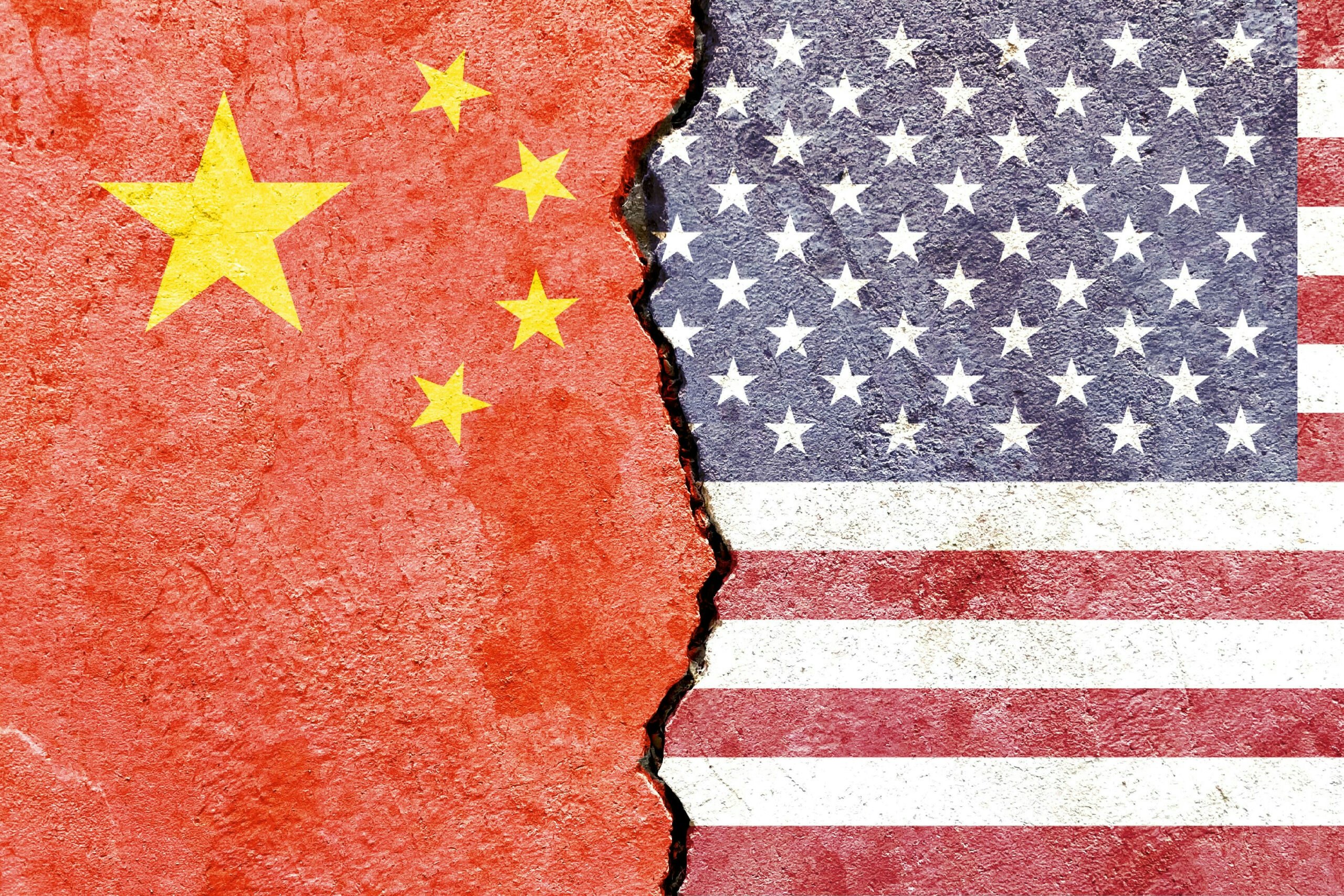Global freedom has declined for the 12th consecutive year according to independent watchdog Freedom House in their recent Freedom in the World report.
Global freedom has declined for the 12th consecutive year according to independent watchdog Freedom House in their recent Freedom in the World report. Today, an alarming 61 percent of the world’s total population lives in countries classified as not free or partly free. In the Asia-Pacific, the situation is even worse. Out of the 4.1 billion people living in the region, more than 2.5 billion, or 62 percent, are living under circumstances that do not guarantee all of their basic freedoms. Thriving democracies in countries as diverse as India, Mongolia, South Korea, and Taiwan show that there is no cultural or regional barrier to democracy. But from transitioning Burma to communist dictatorship North Korea and beyond, Asia’s freedom is in danger.
Burma
In 2015, Burma, also known as Myanmar, gained the attention of the world when it took historic steps toward democracy by holding successful elections after a half century of authoritarian rule. Unfortunately, since then, Burma’s transition has stagnated. Under the armed forces-written constitution, the military still holds 25 percent of parliamentary seats and controls key stakes in the government, including the Defense and Home Affairs Ministries.
In 2017, military and nationalist groups launched a brutal attack against the Rohingya minority that continues today. Long subjected to discrimination and isolated in Burmese society, more than 700,000 members of this Muslim ethnic group have been subjected to mass atrocities and forced into exile in neighboring Bangladesh. In the process, they have lost their homes and lands where they have lived for many generations. The de facto leader, Aung San Suu Kyi, Nobel Peace laureate and icon of Burma’s long struggle for democracy, has been widely criticized by the international community for her inaction.
North Korea
Some 2,300 miles away from Burma, North Korea remains one of the worst places on Earth. While North Korea is often in the news for its efforts to develop nuclear weapons and the means to deliver them, it also subjects its people to horrific human rights abuses. A country of 25 million that borders China, Russia, and South Korea, North Koreans suffer under the iron fist of three generations of the Kim regime. Scarce resources go to the military first, accessing foreign media is illegal and highly risky, and North Koreans lack basic freedoms.
A massive network of political prison camps subject an estimated 200,000 people to torture, rape, and public executions. Their suffering is used by the regime as a tool to force loyalty and obedience. But not even high positions in the government offer protection. Since Kim Jong Un inherited the regime in 2011, over one hundred elite officials have been executed, including Kim’s half-brother who was assassinated with VX nerve agent, a toxic synthetic chemical compound, at a Malaysian airport in 2017.
To escape the country’s brutal regime, an average of 2,700 North Koreans defected to South Korea each year between 2008 and 2011. After Kim Jong Un took power in 2011, border security was tightened and the number of escapees reduced drastically. In 2017, only 1,044 North Koreans were able to defect and find freedom in South Korea.
Elsewhere in the Region
Besides Burma and North Korea, freedom has declined in other Asian countries including the Philippines, Cambodia, and Thailand.
In the Philippines, President Rodrigo Duterte recently pulled out of the International Criminal Court (ICC) after the court began a preliminary examination into a complaint accusing Duterte and top officials of crimes against humanity. This complaint follows Duterte’s high-profile campaign against drugs. According to Human Rights Watch, this campaign has led to the deaths of more than 12,000 Filipinos.
Cambodia, where Prime Minister Hun Sen has ruled for three decades, expelled international NGOs and imposed a severe crackdown on political dissidents and the media to guarantee his rule beyond the 2018 national election.
And, last year in Thailand, the ruling military junta’s new constitution was adopted which, like Burma’s, institutionalized the military’s influence in the government. Thailand’s democratic system has been overthrown by the military over many decades—there have been 19 coups and 20 new constitutions since 1932.
This year, the United States intelligence community listed President Duterte, Prime Minister Hun Sen, and Thailand’s new constitution as threats to democracy and human rights in the region.
As these examples illustrate, freedom in Asia is in danger. At the George W. Bush Institute, we believe freedom is a universal human right. We prepare Burmese young leaders to take on greater leadership roles, supporting the country’s continuing transition to democracy. And we support North Korean refugees in the United States with the Bush Institute’s North Korea Freedom Scholarship.
It is our moral responsibility to stand with the 2.5 billion people whose human rights are being violated. It should be a top priority of free societies to advance freedom and promote democracy in Asia.





























